Home>Articles>How To Hard Boil Eggs In Electric Pressure Cooker
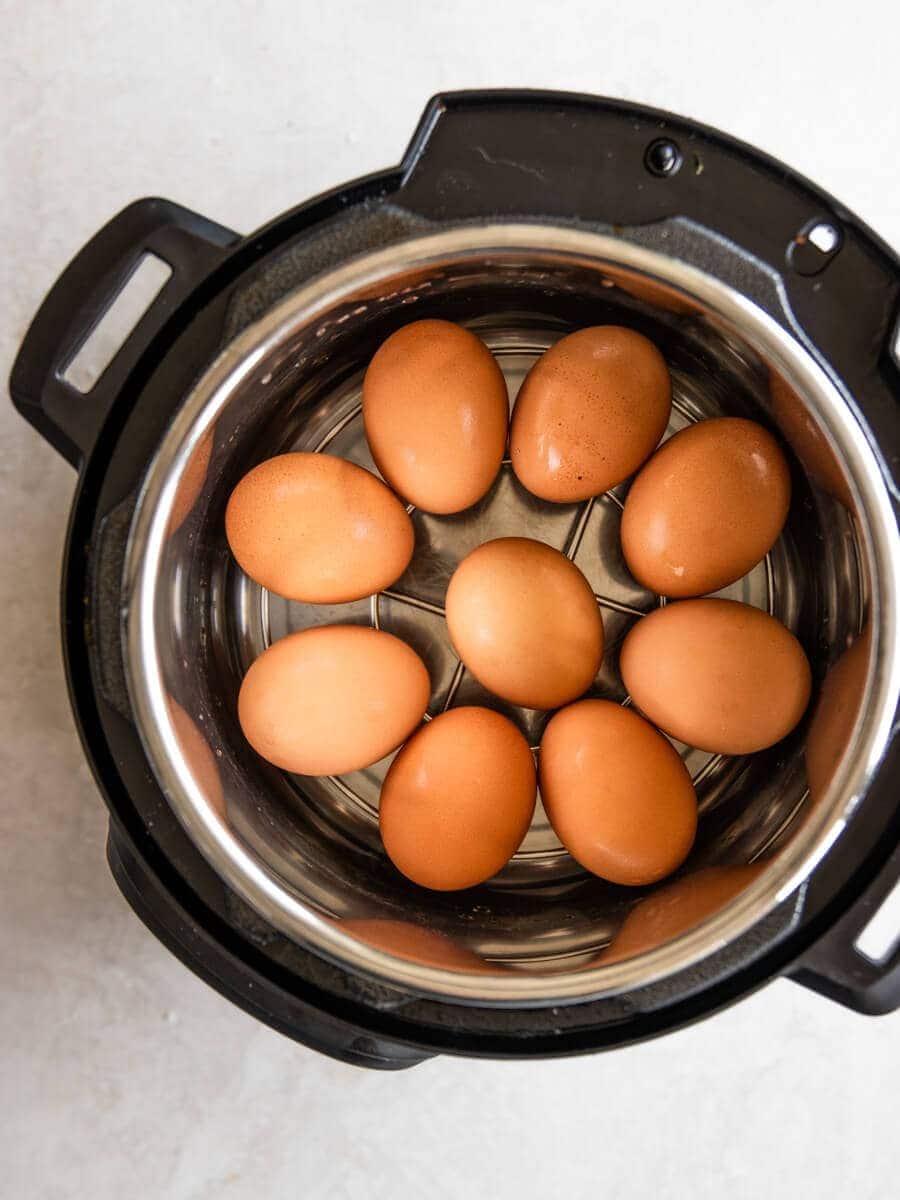

Articles
How To Hard Boil Eggs In Electric Pressure Cooker
Modified: January 6, 2024
Discover the best method for perfectly harboiling eggs in an electric pressure cooker. Read our informative articles for expert tips and tricks on achieving the ideal texture every time.
(Many of the links in this article redirect to a specific reviewed product. Your purchase of these products through affiliate links helps to generate commission for Storables.com, at no extra cost. Learn more)
Introduction
Harboiling eggs is a popular cooking technique that results in perfectly cooked eggs with creamy yolks and firm whites. Traditionally, this process involves boiling eggs in a pot of water on the stovetop, which can be time-consuming and requires constant monitoring. However, with the advent of electric pressure cookers, harboiling eggs has become even easier and more convenient.
In this article, we will explore the benefits of using an electric pressure cooker for harboiling eggs and provide you with a step-by-step guide on how to achieve perfectly cooked eggs every time. Whether you’re a culinary enthusiast looking to streamline your cooking process or a busy professional seeking a quick and nutritious breakfast option, an electric pressure cooker can be an invaluable addition to your kitchen.
So, let’s dive into the world of electric pressure cooker harboiled eggs and discover the endless possibilities!
Key Takeaways:
- Harboiling eggs in an electric pressure cooker offers time-saving convenience, consistent results, and versatility in the kitchen. With the right techniques and troubleshooting, you can easily achieve perfectly cooked eggs every time.
- Using an electric pressure cooker for harboiling eggs provides a hassle-free cooking experience, energy efficiency, and the freedom to multitask. Experiment with different cooking times and pressure release methods to find your perfect egg consistency.
Read more: How To Store Hard-Boiled Eggs
Benefits of Using an Electric Pressure Cooker for Harboiling Eggs
Using an electric pressure cooker for harboiling eggs comes with a range of advantages that make it a preferred cooking method for many. Here are some key benefits:
- Time-saving: One of the biggest advantages of using an electric pressure cooker for harboiling eggs is its ability to save time. Unlike traditional stovetop methods that require constant monitoring and precise timing, an electric pressure cooker automates the process and cooks eggs quickly. With just a few minutes of cooking time and a set-it-and-forget-it approach, you can have perfectly cooked harboiled eggs in no time.
- Consistent results: Electric pressure cookers are designed to maintain a consistent cooking temperature throughout the cooking process. This means that your harboiled eggs will cook evenly every time, ensuring that the yolks are creamy and the whites are firm. You no longer have to worry about undercooked or overcooked eggs, as the pressure cooker takes care of it for you.
- Convenience: With an electric pressure cooker, you have the freedom to set a timer and walk away. This allows you to multitask or attend to other kitchen duties while your eggs are being harboiled. You don’t need to watch the pot or worry about the water boiling over. The pressure cooker provides a hassle-free cooking experience, making it a convenient option for busy individuals or families.
- Energy efficiency: Electric pressure cookers are known for their energy efficiency. They utilize less energy compared to traditional stovetop methods, as the pressure cooker retains heat and cooks food faster. This not only saves you time, but also helps reduce your energy consumption, making it an environmentally friendly choice.
- Versatility: Electric pressure cookers are not just limited to harboiling eggs. They can be used for a wide range of cooking tasks, such as steaming vegetables, cooking grains, making soups, and even baking. Investing in an electric pressure cooker opens up a world of culinary possibilities and allows you to experiment with different recipes and cooking techniques.
Incorporating an electric pressure cooker into your cooking routine can revolutionize the way you prepare harboiled eggs and other dishes. With its time-saving features, consistent results, convenience, energy efficiency, and versatility, an electric pressure cooker is a valuable tool that every kitchen should have.
Step-by-Step Guide: How to Harboil Eggs in an Electric Pressure Cooker
Harboiling eggs in an electric pressure cooker is a straightforward process that yields perfect results. Here’s a step-by-step guide to help you get started:
- Add water to the pressure cooker: Begin by pouring the recommended amount of water into the bottom of the electric pressure cooker. Consult your cooker’s manual for the specific amount of water required.
- Place the eggs: Carefully place the eggs into the pressure cooker, ensuring they are in a single layer and not stacked on top of each other. You can cook as many eggs as your pressure cooker can accommodate, but make sure to leave enough space between them for even cooking.
- Secure the lid: Close and secure the lid of the pressure cooker, ensuring it is properly sealed. Follow the instructions in your cooker’s manual to ensure correct usage and safety precautions.
- Select the cooking time: Set the cooking time according to your desired level of doneness. For soft-boiled eggs, cook for 3-4 minutes, and for hard-boiled eggs, cook for 5-6 minutes. Adjust the cooking time based on your preference, as different electric pressure cookers may vary slightly.
- Start the cooking process: Turn on the pressure cooker and select the appropriate cooking mode, usually the “Pressure Cook” or “Egg” function. The cooker will start building pressure and cooking the eggs.
- Allow natural pressure release: Once the cooking time is complete, allow the pressure to release naturally for a few minutes. This helps ensure the eggs are cooked evenly and makes them easier to peel.
- Release remaining pressure: After the natural pressure release, carefully release any remaining pressure by turning the pressure release valve to the “Vent” position. Be cautious of the hot steam and follow your pressure cooker’s instructions for pressure release.
- Transfer and cool the eggs: Using tongs or a slotted spoon, transfer the harboiled eggs to a bowl of cold water. Let them sit for a few minutes to cool down and stop the cooking process.
- Peel and enjoy: Once the eggs have cooled, gently tap them on a hard surface to crack the shell, then peel off the shell carefully. Your perfectly harboiled eggs are now ready to be enjoyed in salads, sandwiches, or as a nutritious snack.
Remember that cooking times may vary depending on your specific electric pressure cooker and the desired consistency of your eggs. It may take a few attempts to find the perfect cooking time that suits your preference.
With this easy-to-follow guide, you can confidently harboil eggs in your electric pressure cooker and enjoy consistent, delicious results every time.
Add 1 cup of water to the electric pressure cooker, place the eggs on the trivet, and cook on high pressure for 5 minutes for soft-boiled eggs or 7 minutes for hard-boiled eggs. Quick release the pressure and transfer the eggs to an ice bath to stop the cooking process.
Tips for Perfectly Harboiled Eggs in an Electric Pressure Cooker
To ensure that your harboiled eggs turn out perfectly every time you use an electric pressure cooker, consider the following tips:
- Use fresh eggs: Fresh eggs are easier to peel and yield better results when harboiled. If possible, opt for eggs that are not too old to achieve the desired consistency.
- Adjust cooking time: The cooking time mentioned in the step-by-step guide is a general guideline. Depending on the size and quantity of eggs, as well as your preference for doneness, you may need to adjust the cooking time. Experiment with different cooking times to find the perfect balance.
- Try different pressure release methods: In addition to natural pressure release, you can also try quick-release or a combination of both methods. Quick-release involves manually releasing the pressure as soon as the cooking time is complete. Experiment with different pressure release methods to find the one that works best for you.
- Use an ice bath: After transferring the eggs to a bowl of cold water, consider placing the bowl in an ice bath or adding ice cubes to cool the eggs more quickly. This helps halt the cooking process and makes the eggs easier to peel.
- Peel under running water: If you find it challenging to peel the eggs, try peeling them under running water. The water can help remove any stubborn shell pieces and make the peeling process smoother.
- Experiment with seasoning: Once you’ve mastered the art of harboiling eggs in your electric pressure cooker, don’t be afraid to experiment with different seasoning options. Sprinkle your harboiled eggs with salt, pepper, or your favorite herbs and spices to add a burst of flavor.
- Store in the refrigerator: If you’re not planning to consume the harboiled eggs immediately, store them in the refrigerator in a covered container. They can be kept for up to one week, making them a convenient and nutritious on-the-go snack.
Remember, practice makes perfect. It may take a few attempts to find the ideal cooking time and pressure release method that suits your taste preferences and your specific electric pressure cooker.
By following these tips, you’ll be well on your way to achieving consistently perfect harboiled eggs in your electric pressure cooker. Enjoy the convenience and deliciousness of this cooking technique!
Troubleshooting: Common Issues with Harboiling Eggs in an Electric Pressure Cooker
While harboiling eggs in an electric pressure cooker is generally a straightforward process, you may encounter some common issues along the way. Here are a few troubleshooting tips to help you overcome these challenges:
- Difficulty peeling the eggs: If you find it challenging to peel the eggs and end up with a messy peel or chunks of egg white coming off, try using fresh eggs and transferring them to an ice bath immediately after cooking. The cold temperature helps create a slight separation between the egg white and the shell, making it easier to peel.
- Inconsistent doneness: If you notice inconsistencies in the doneness of your harboiled eggs, such as some being undercooked while others are overcooked, adjust the cooking time. Start with the recommended cooking time and make minor adjustments until you achieve the desired consistency.
- Eggs cracking during cooking: Cracking eggs can happen due to a variety of reasons, such as high pressure or temperature fluctuations. To prevent this, ensure that you add enough water to the pressure cooker to create steam and reduce the chances of the eggs cracking. Also, allow the pressure to release naturally for a few minutes before quick-release to minimize temperature fluctuations.
- Yolk texture issues: If the yolks of your harboiled eggs have a greenish-gray ring or a chalky texture, it means they have been overcooked. Adjust the cooking time to achieve a creamy, slightly soft yolk with a firm white.
- Reducing water absorption: Sometimes, eggs can absorb excess water during the harboiling process, resulting in a watery texture. To reduce water absorption, try using slightly older eggs and ensure the water level is sufficient but not excessive in the pressure cooker. Additionally, reducing the cooking time slightly may help achieve better results.
- Unpleasant odor: If you notice an unpleasant smell when harboiling eggs in your pressure cooker, it could be due to inadequate cleaning. Ensure you clean your pressure cooker thoroughly after each use, including the sealing ring and the vents, to prevent any residual odors from affecting the flavor of the eggs.
Remember that every electric pressure cooker may have slight variations, so it’s important to familiarize yourself with your specific model’s instructions and make adjustments accordingly. Don’t be discouraged by initial challenges – with practice and experimentation, you’ll soon master the art of harboiling eggs in your electric pressure cooker.
By troubleshooting these common issues, you’ll be able to achieve consistent and delicious harboiled eggs in no time. Enjoy the process and savor the perfectly cooked eggs!
Read more: How To Store Hard Boiled Eggs In Shell
Conclusion
Harboiling eggs in an electric pressure cooker offers numerous benefits, including time-saving convenience, consistent results, and versatility in the kitchen. With the step-by-step guide provided, you can easily achieve perfectly harboiled eggs that are both delicious and nutritious.
By using fresh eggs, adjusting cooking times and pressure release methods, and experimenting with different seasoning options, you can further enhance your harboiled egg experience. Troubleshooting common issues ensures that you overcome any challenges that may arise during the cooking process.
An electric pressure cooker provides a convenient and efficient way to harboil eggs, saving you time and effort in the kitchen. The consistency and ease of use make it a valuable addition to any culinary enthusiast’s arsenal. From soft-boiled to hard-boiled eggs, the possibilities are endless.
So why not give it a try? Incorporate an electric pressure cooker into your cooking routine and enjoy the perfect harboiled eggs whenever the craving strikes. Whether you’re preparing a quick breakfast, a protein-packed salad, or a snack on the go, harboiled eggs from an electric pressure cooker will elevate your culinary experience.
Remember to always follow the instructions provided with your specific electric pressure cooker and make adjustments as needed. With practice and a little bit of creativity, you’ll become a master of harboiled eggs in no time.
So, take out that electric pressure cooker, gather your eggs, and embark on a delicious journey. Enjoy the convenience, versatility, and consistent results that harboiling eggs in an electric pressure cooker brings. Bon appétit!
Frequently Asked Questions about How To Hard Boil Eggs In Electric Pressure Cooker
Was this page helpful?
At Storables.com, we guarantee accurate and reliable information. Our content, validated by Expert Board Contributors, is crafted following stringent Editorial Policies. We're committed to providing you with well-researched, expert-backed insights for all your informational needs.
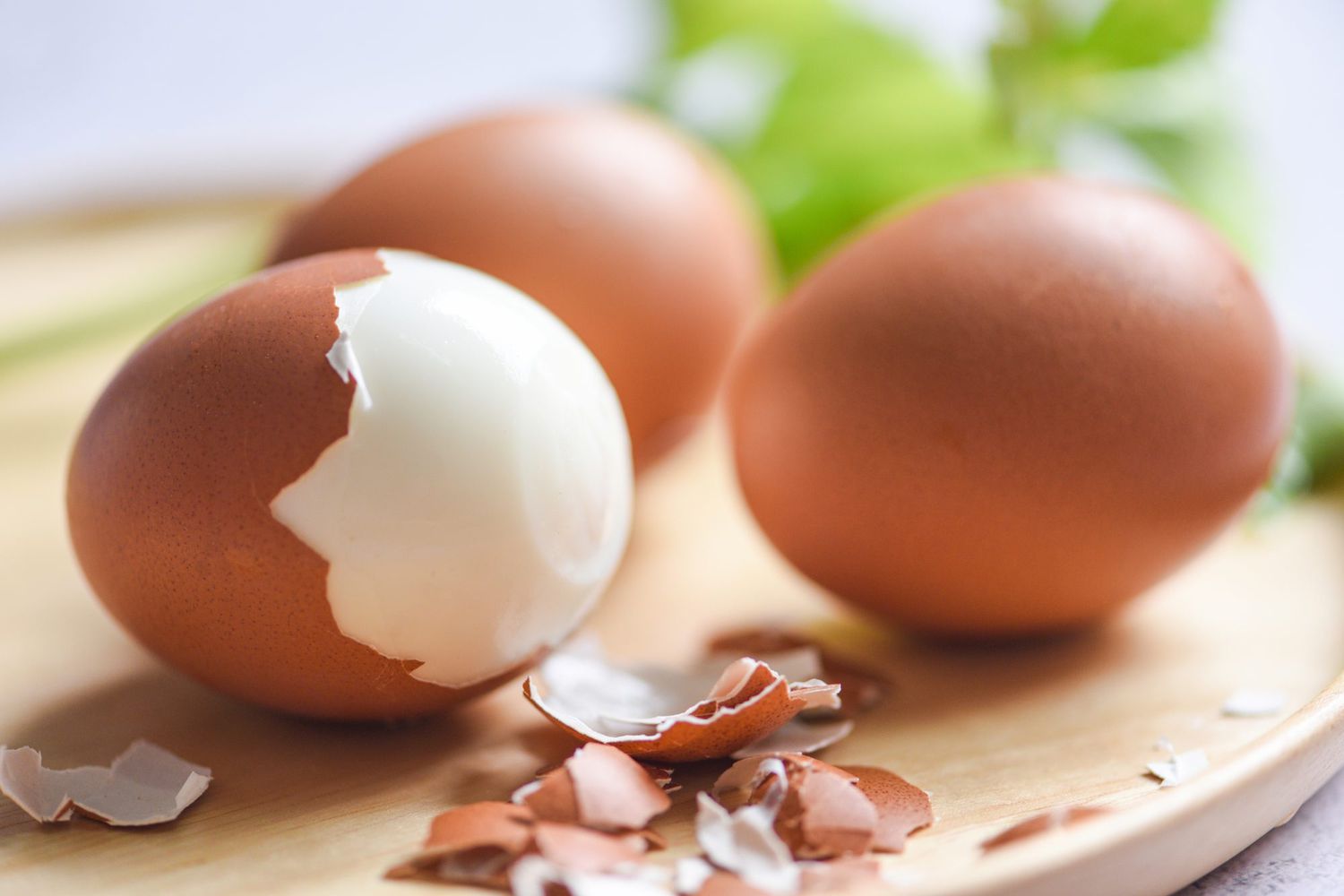
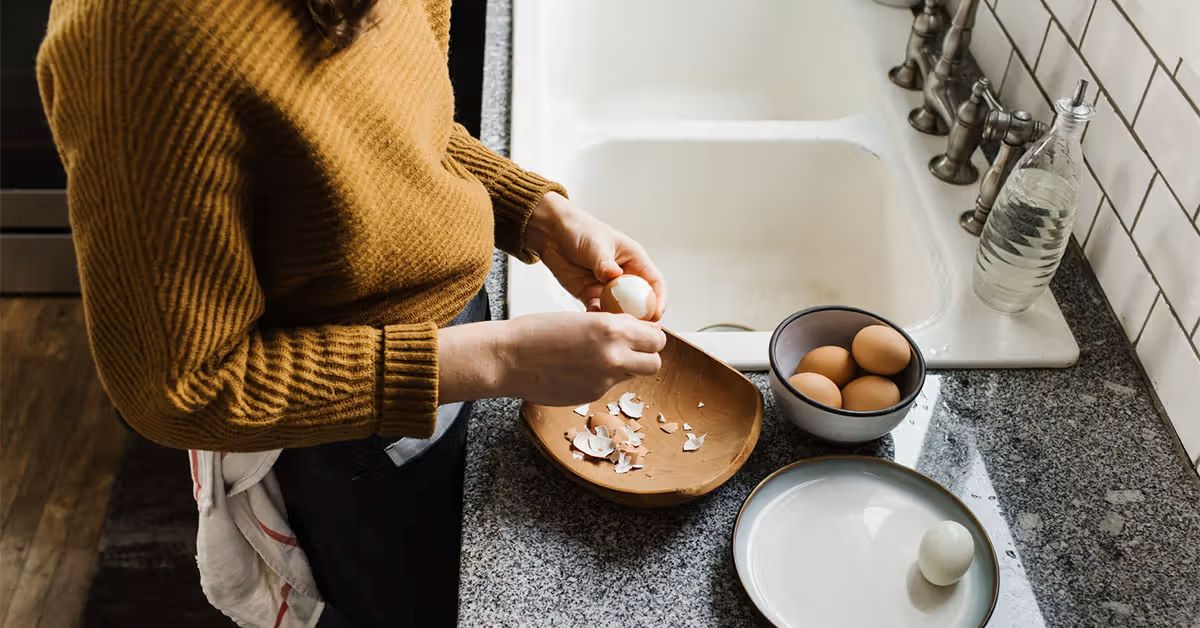
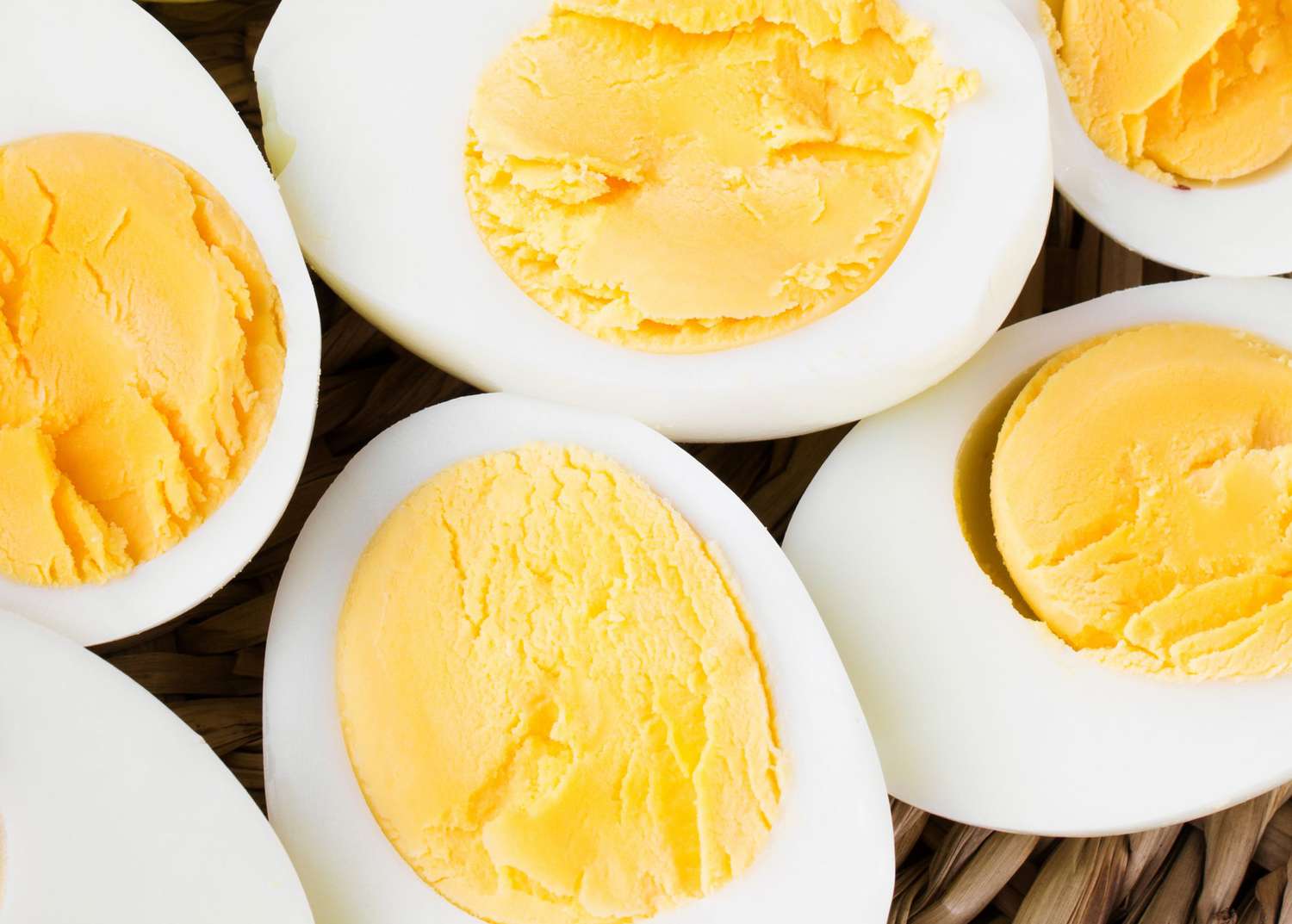
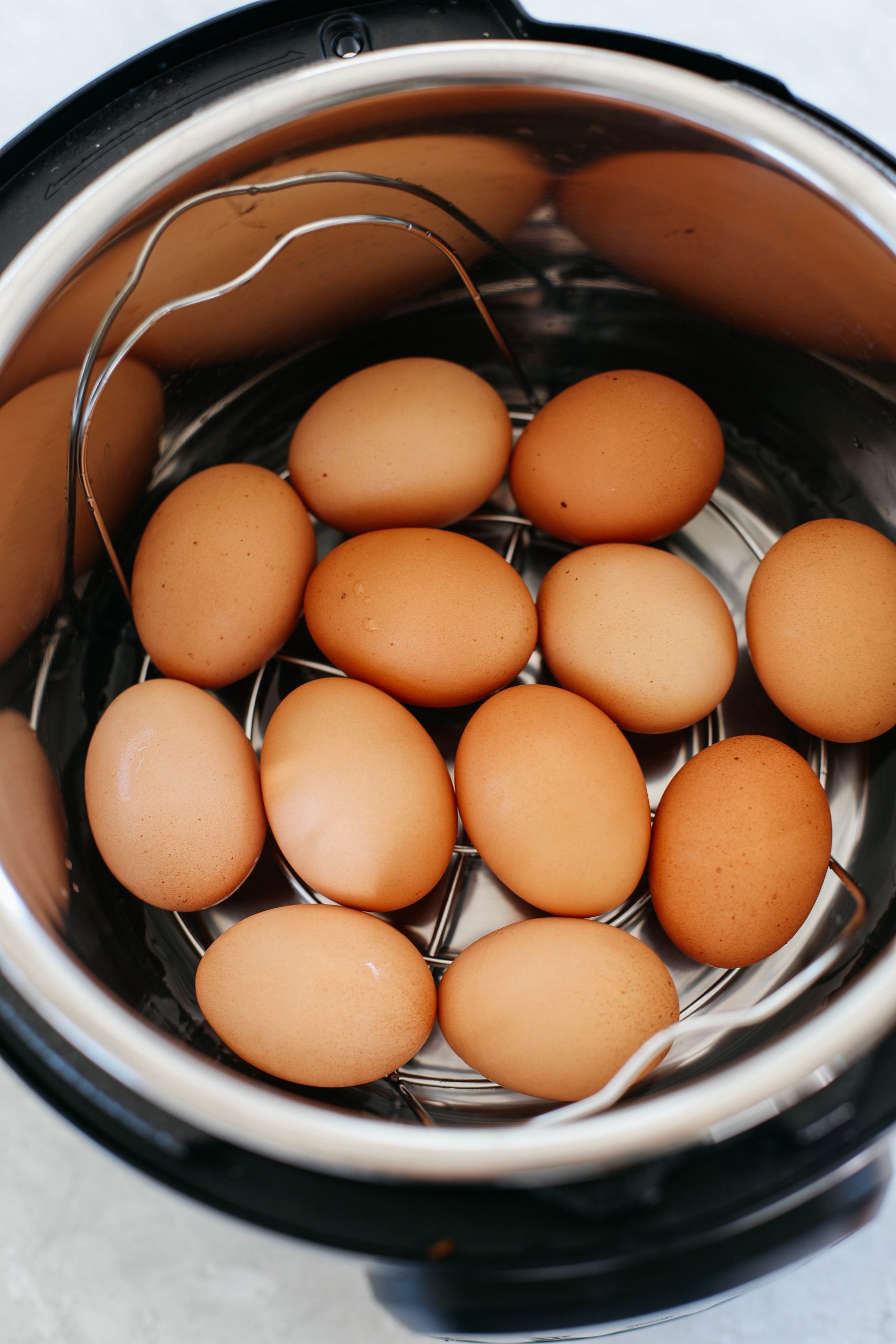
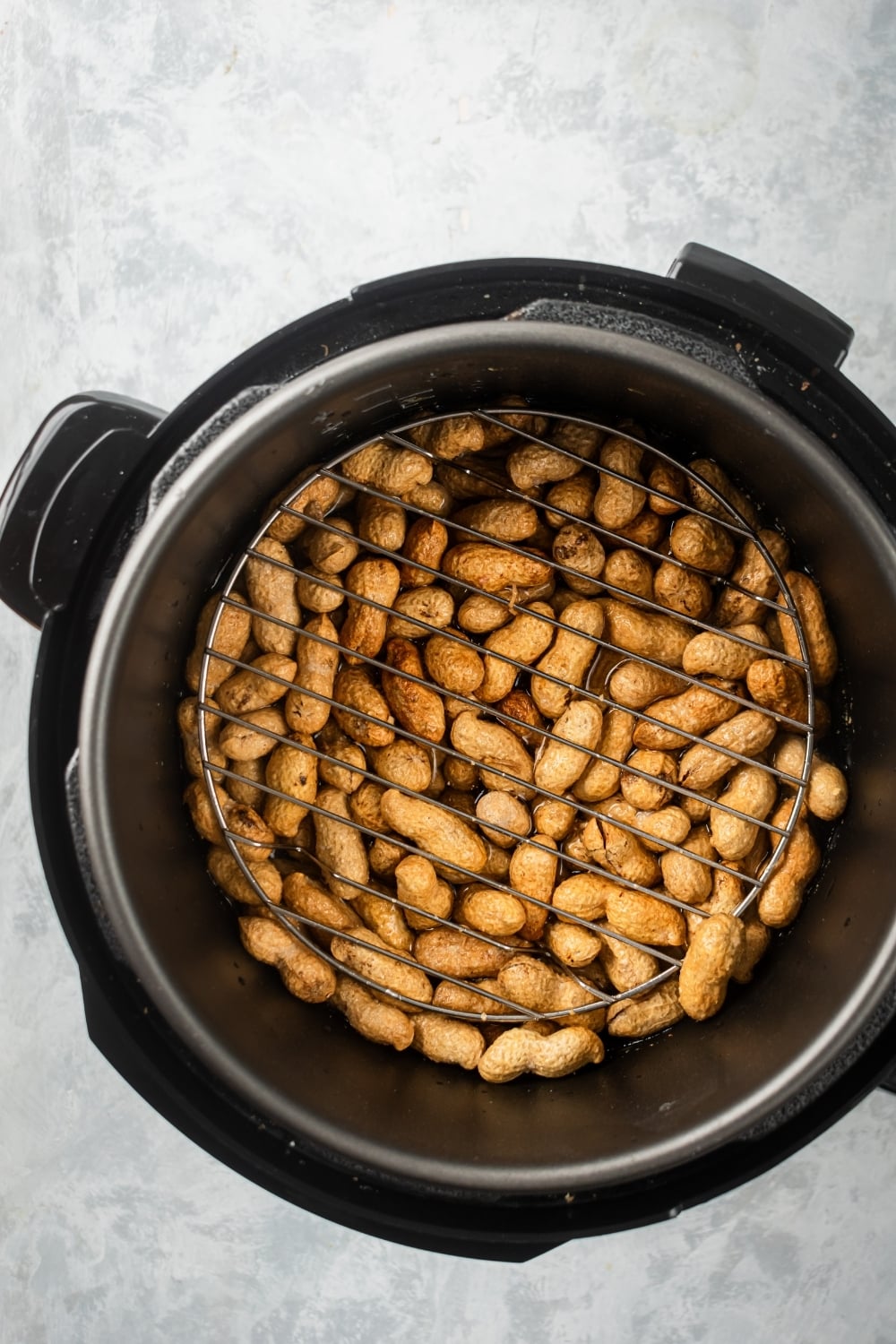
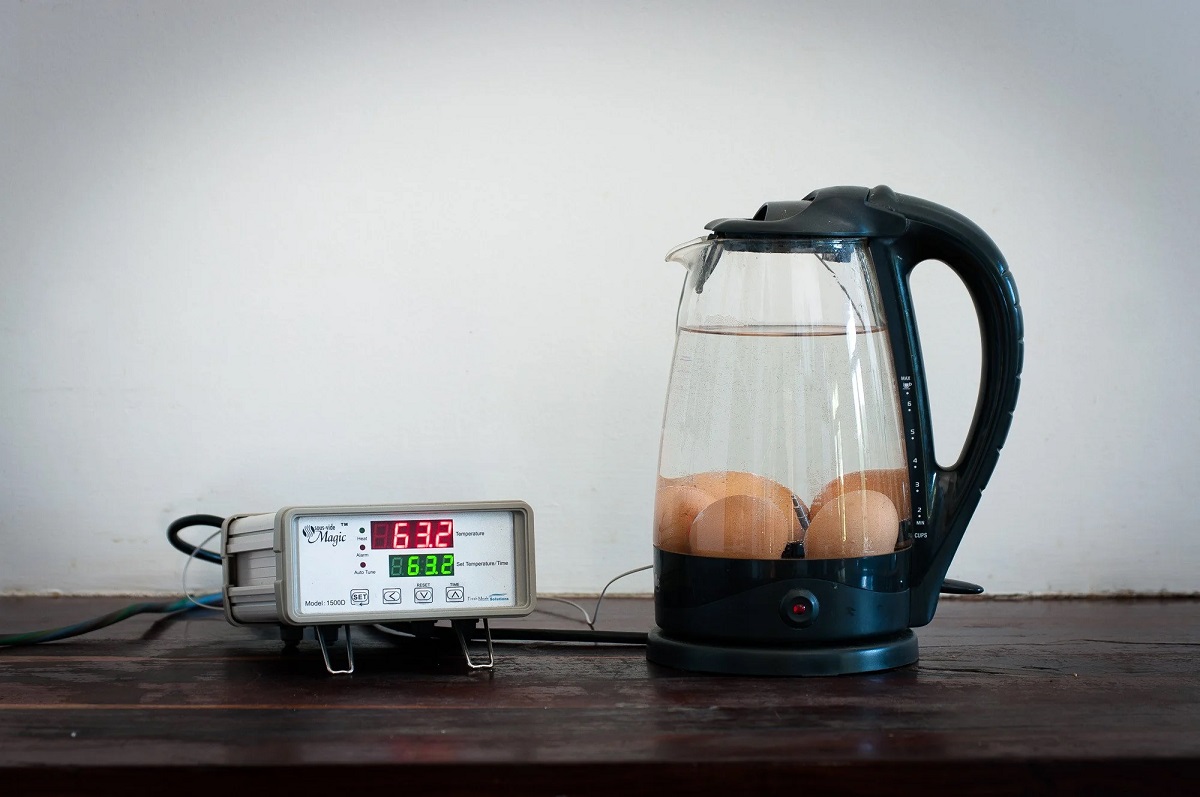
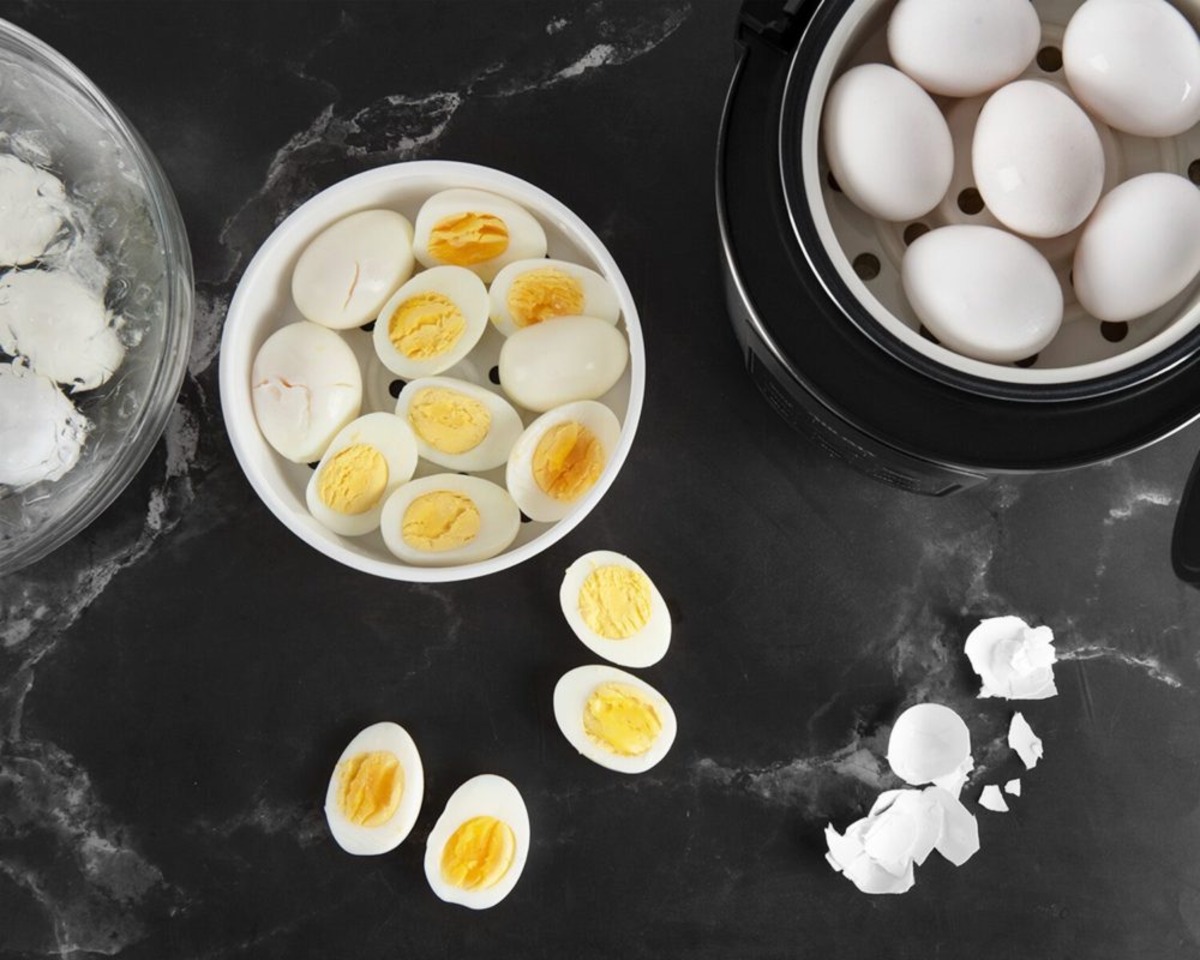
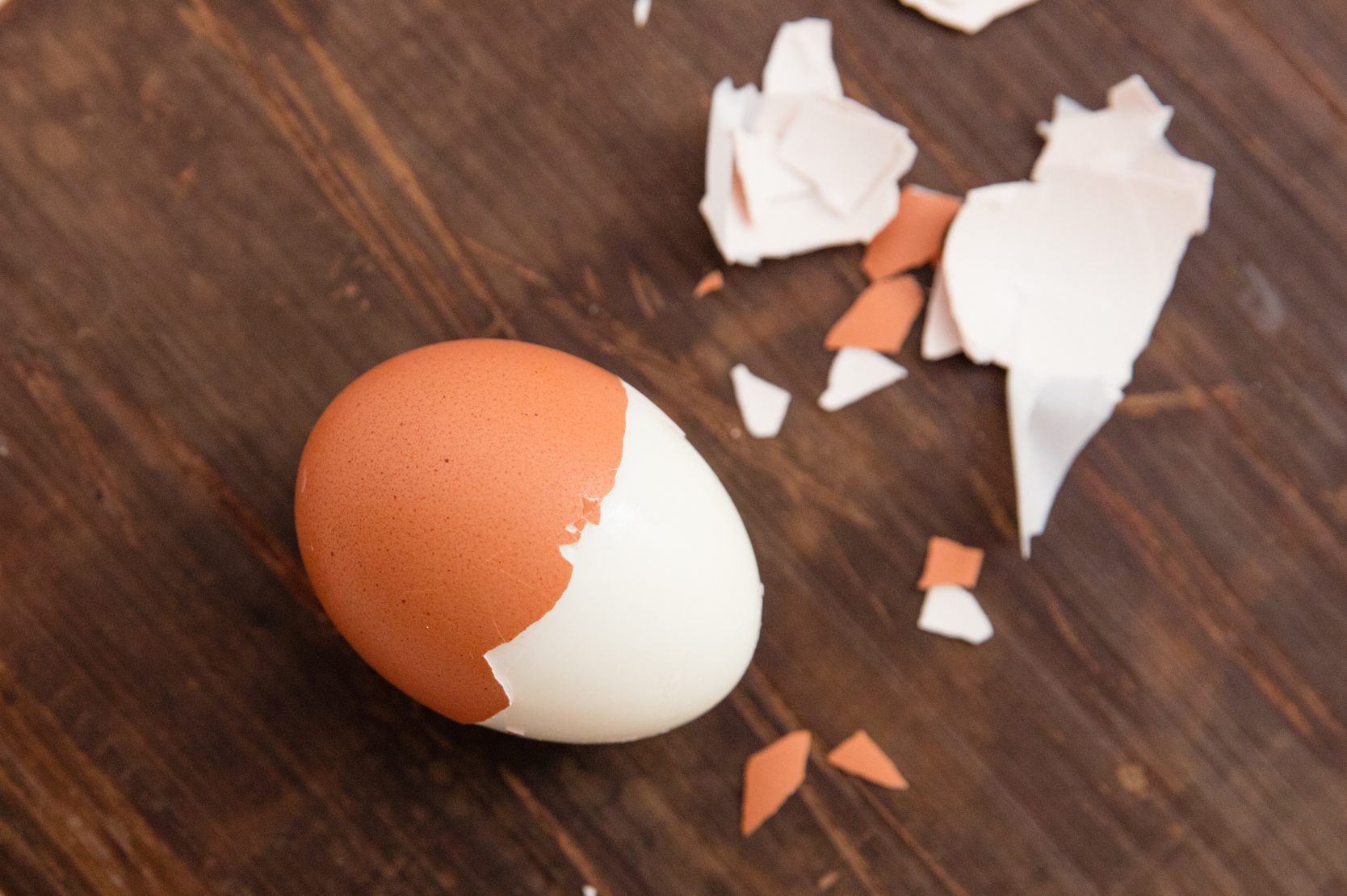
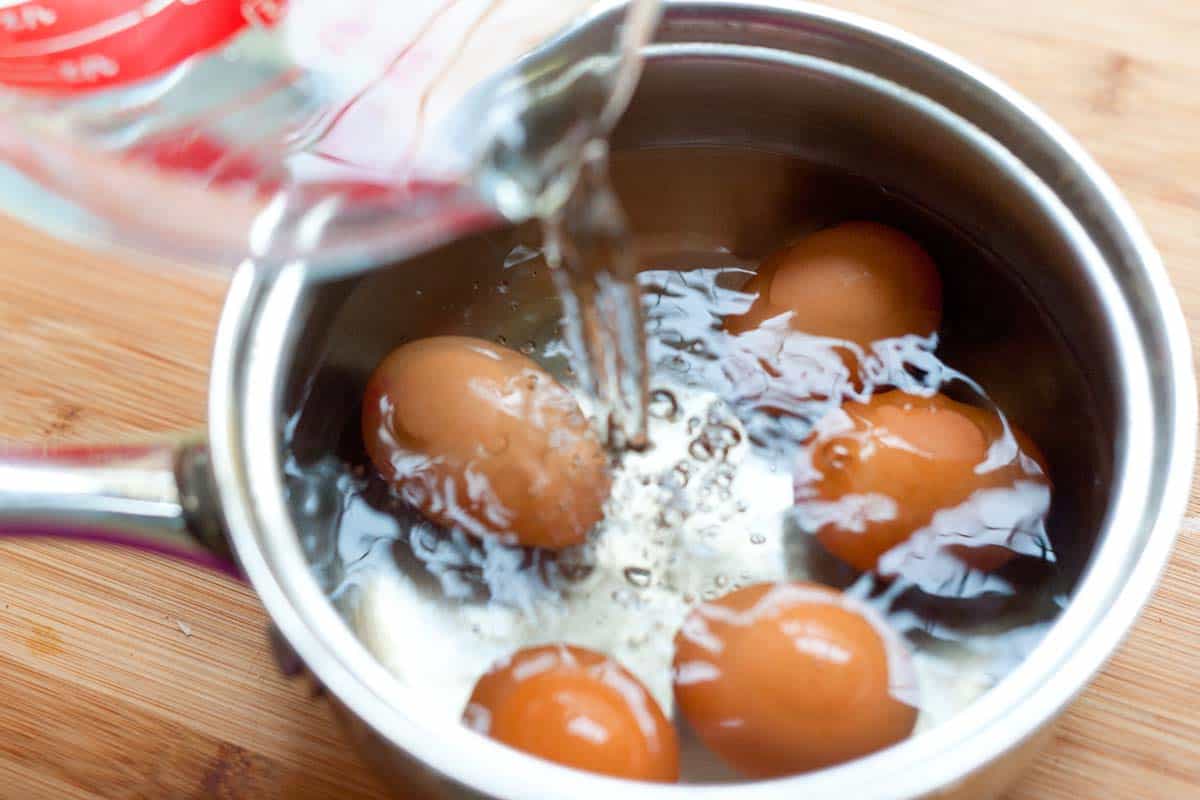
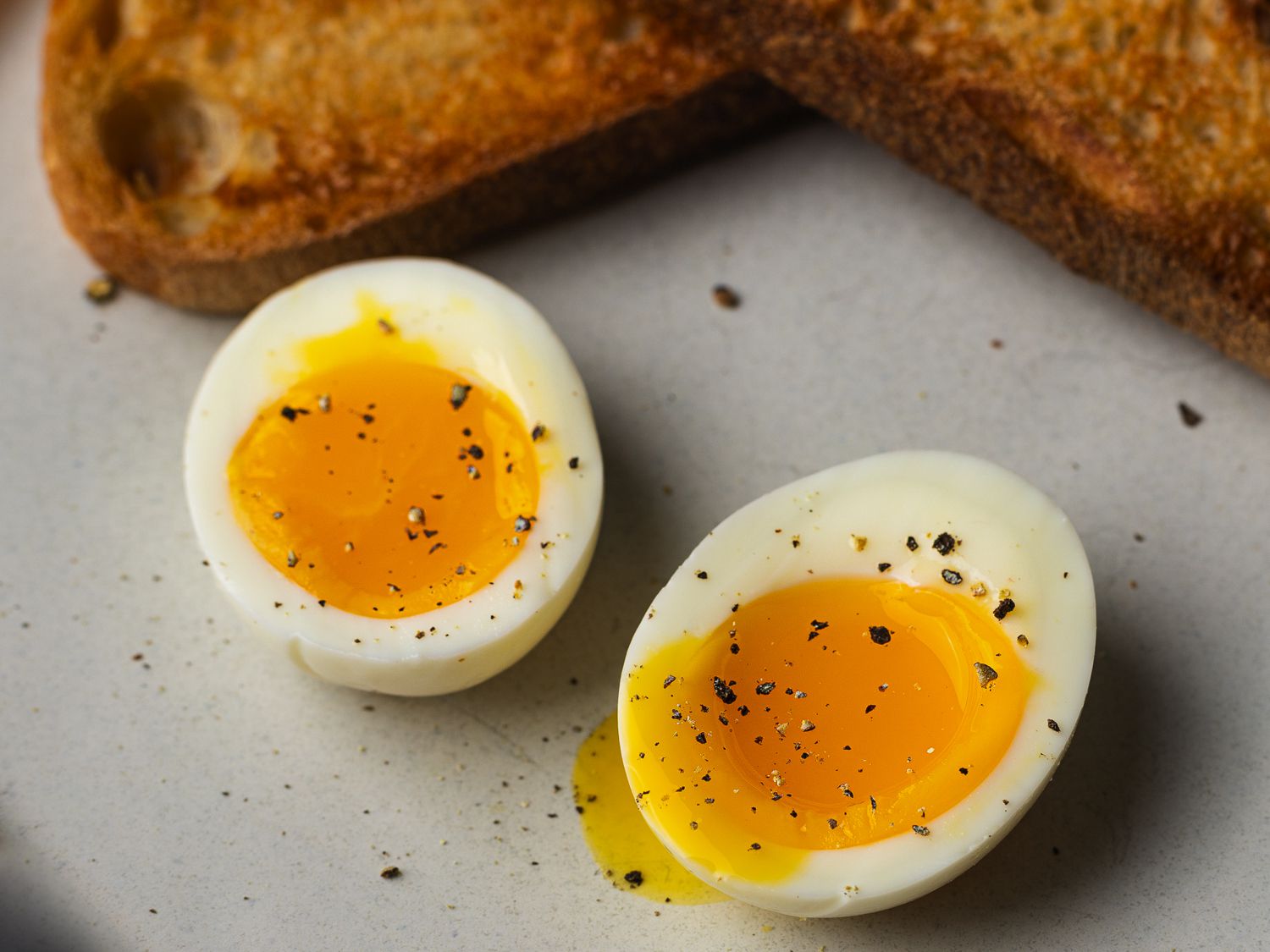
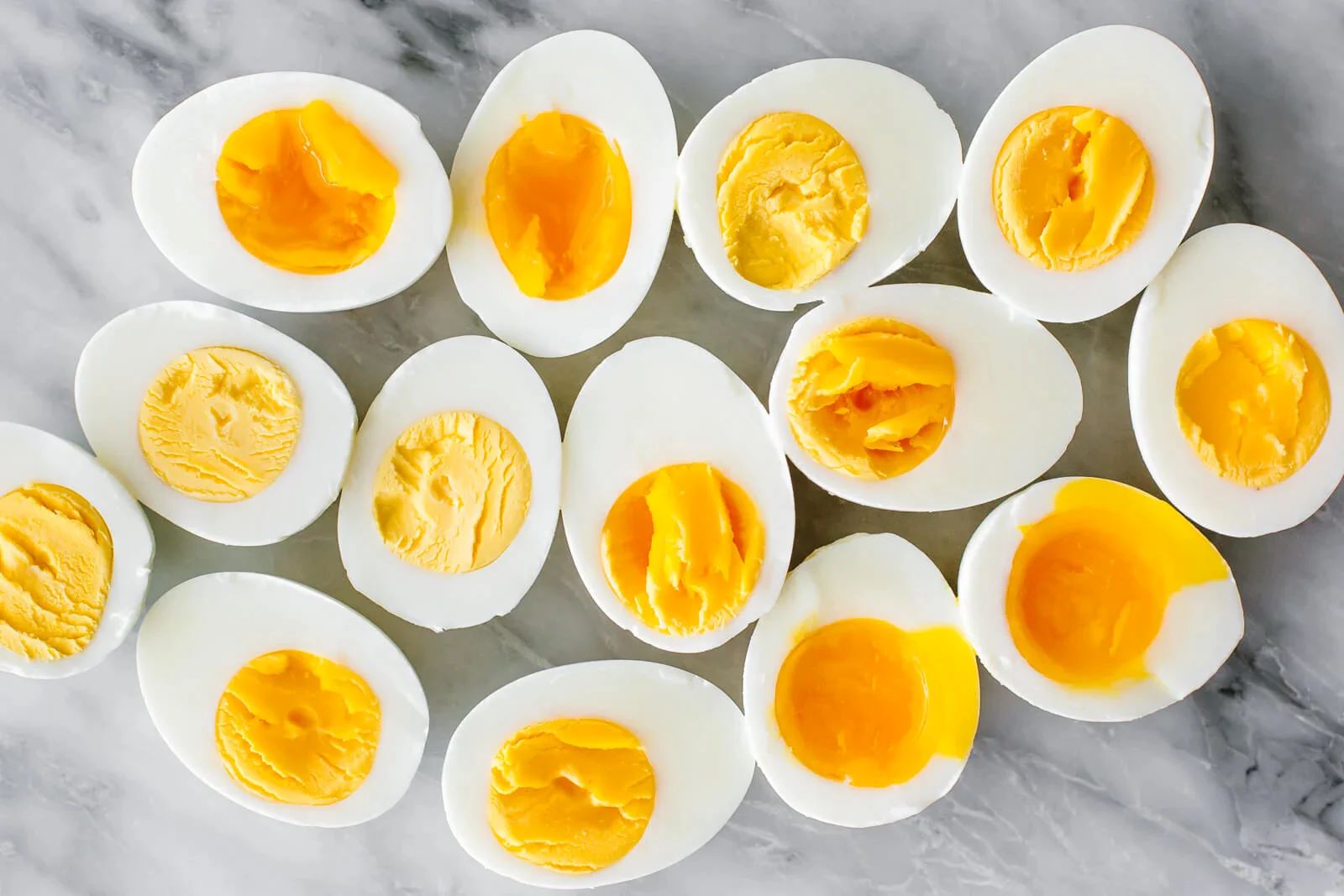
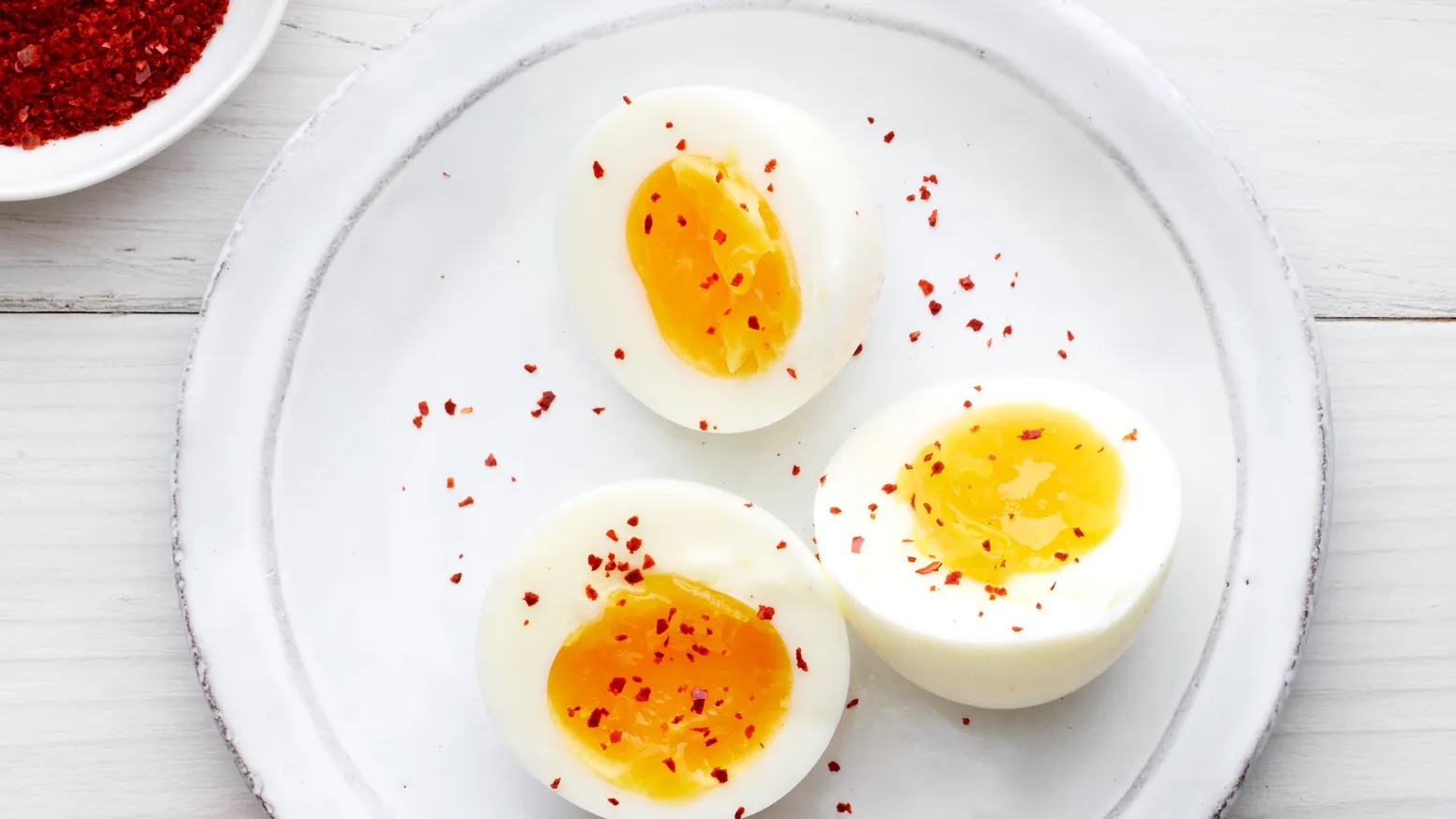
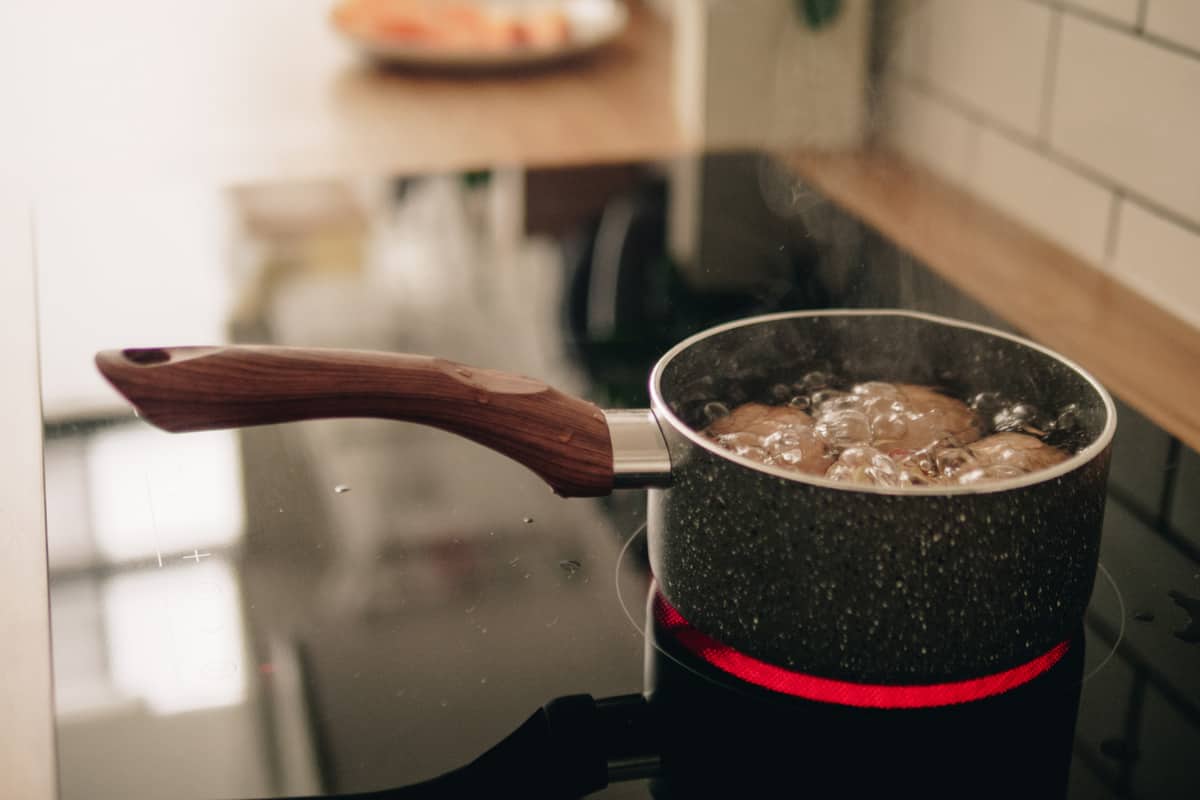
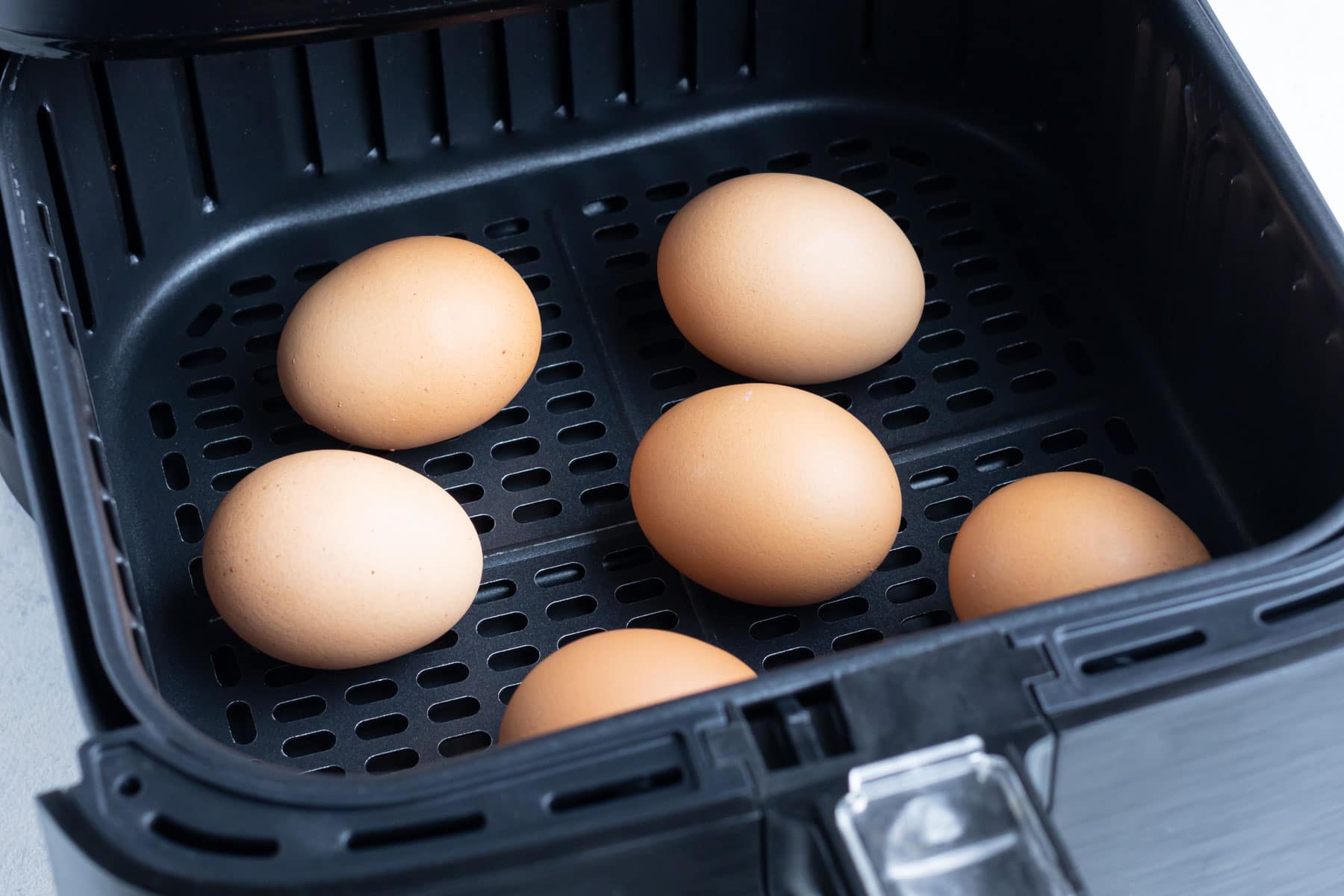

0 thoughts on “How To Hard Boil Eggs In Electric Pressure Cooker”